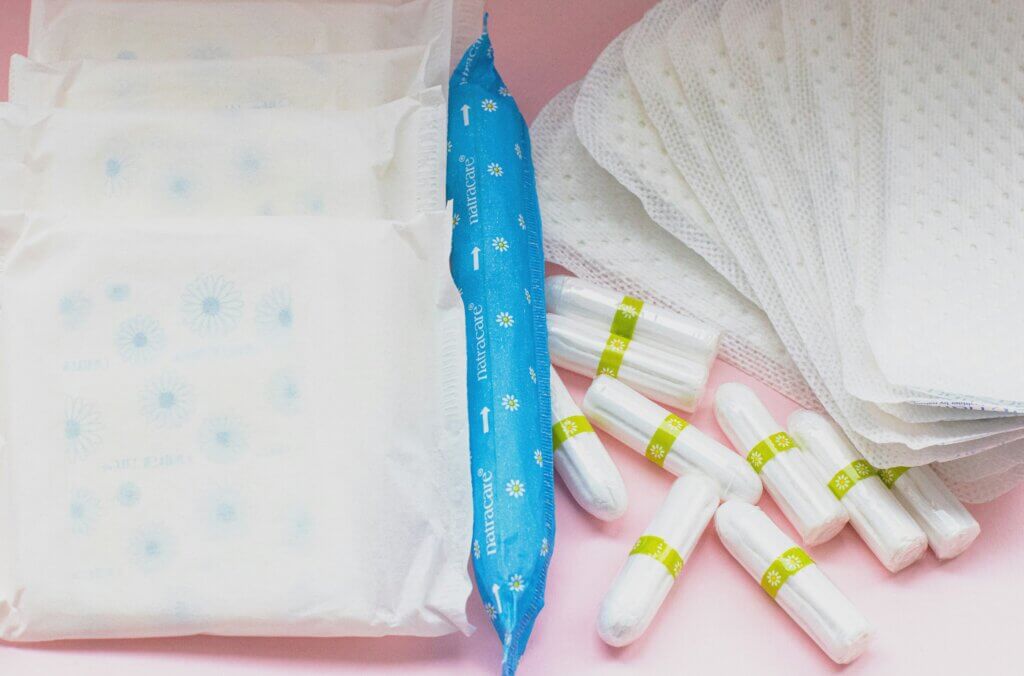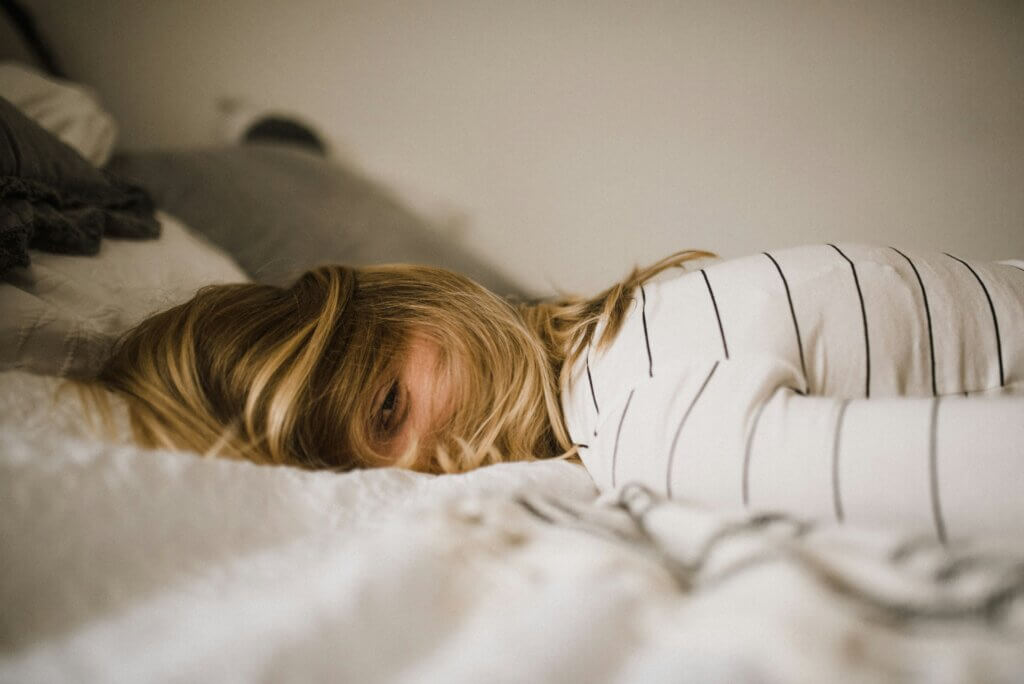A new study is shedding light on how menstrual cycles can affect the mental health of women. A team of researchers from the University of East Anglia, Baylor College of Medicine, and the University of Houston reveal that women experience significant sleep disturbances and heightened feelings of anger in the days leading up to their menstrual period.
These findings, published in the Journal of Sleep Research, offer fresh insights into the complex dynamics between menstrual cycles, emotional states, and sleep patterns.

“Our research provides valuable insights into the complex interplay between menstrual cycles, emotions, and sleep and the impact of hormonal fluctuations on women’s well-being,” says study co-author Dr. Jo Bower, from the University of East Anglia’s School of Psychology, in a media release. “By understanding how these factors interact, we can better address the unique needs of women in terms of sleep health and emotional well-being.”
The study tracked the sleep and emotional states of 51 healthy women, aged 18 to 35, who had regular menstrual cycles and did not use hormonal contraception. Employing ecological momentary assessment (EMA) methodology, the participants submitted daily reports on their emotions and sleep quality while wearing actiwatches — devices that monitor sleep and wake patterns — over the course of two menstrual months.
Researchers found striking connections between the menstrual phases, sleep quality, and emotional states. They noted that in the days leading up to and during their period, women reported disrupted sleep patterns, including increased time awake at night and decreased sleep efficiency, which is the ratio of the total time spent asleep to the total time spent in bed.
This period was also marked by an escalation in feelings of anger and a reduction in positive emotions such as happiness, calmness, and enthusiasm.
These discoveries contribute to the expanding evidence that menstrual cycles could significantly influence women’s susceptibility to insomnia and mental health challenges.
“The findings underscore the importance of considering hormonal fluctuations when addressing sleep disorders and emotional distress in women,” explains Dr. Bower. “The implications of this research reach further than just the controlled setting, providing potential pathways for interventions and treatments aimed at enhancing sleep quality and emotional resilience in women.”

While the study boasts several strengths, including the use of both objective and subjective data over two menstrual cycles, researchers cautioned that the findings should be viewed in light of certain limitations. The data collection period, spanning from May 2020 to January 2021, coincided with the COVID-19 pandemic, which could have influenced the participants’ emotional and sleep experiences. Although the study did not find a strong direct impact of pandemic stress on the outcomes, the overarching effects of the pandemic on participants’ well-being cannot be entirely ruled out.












